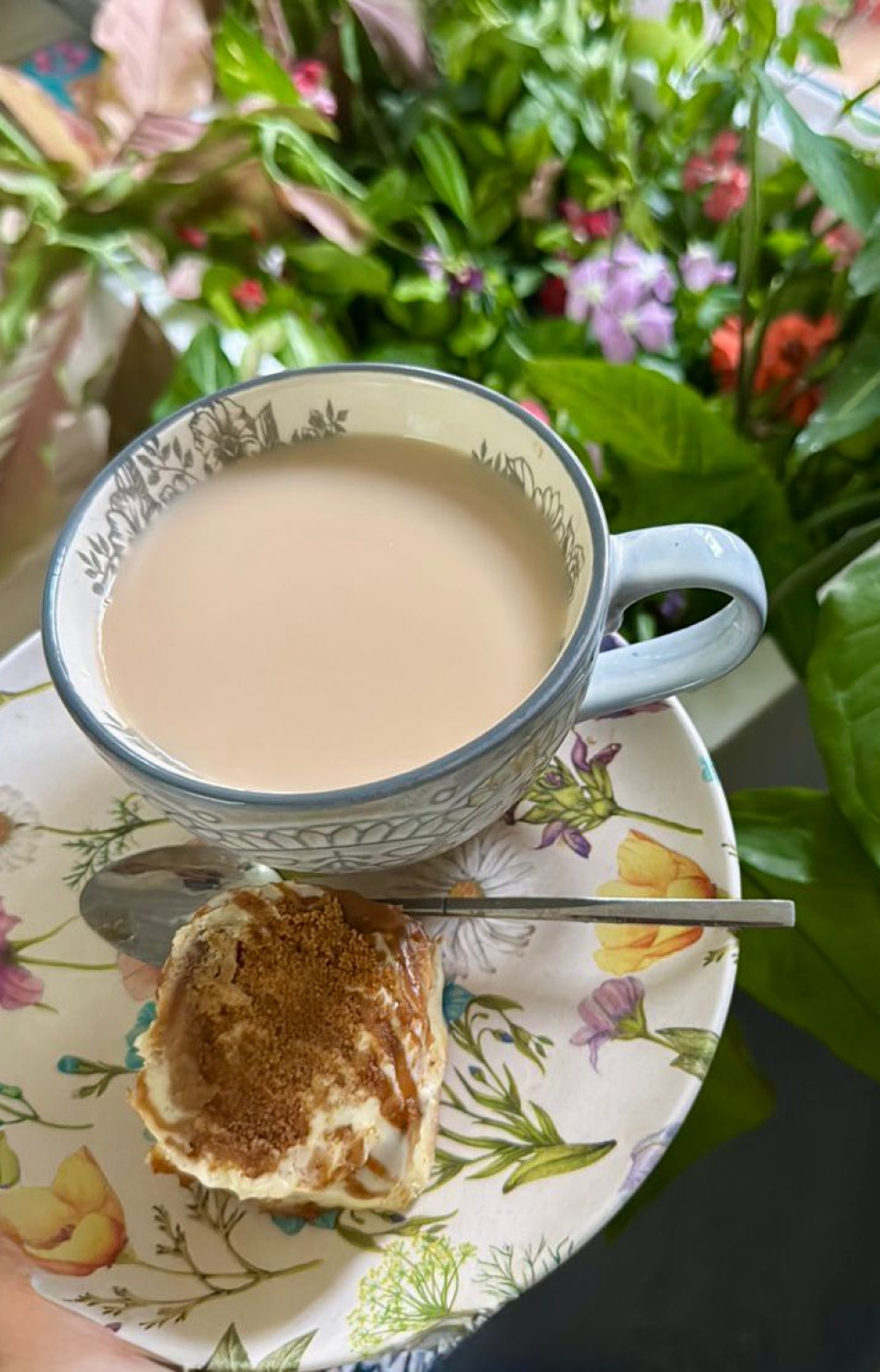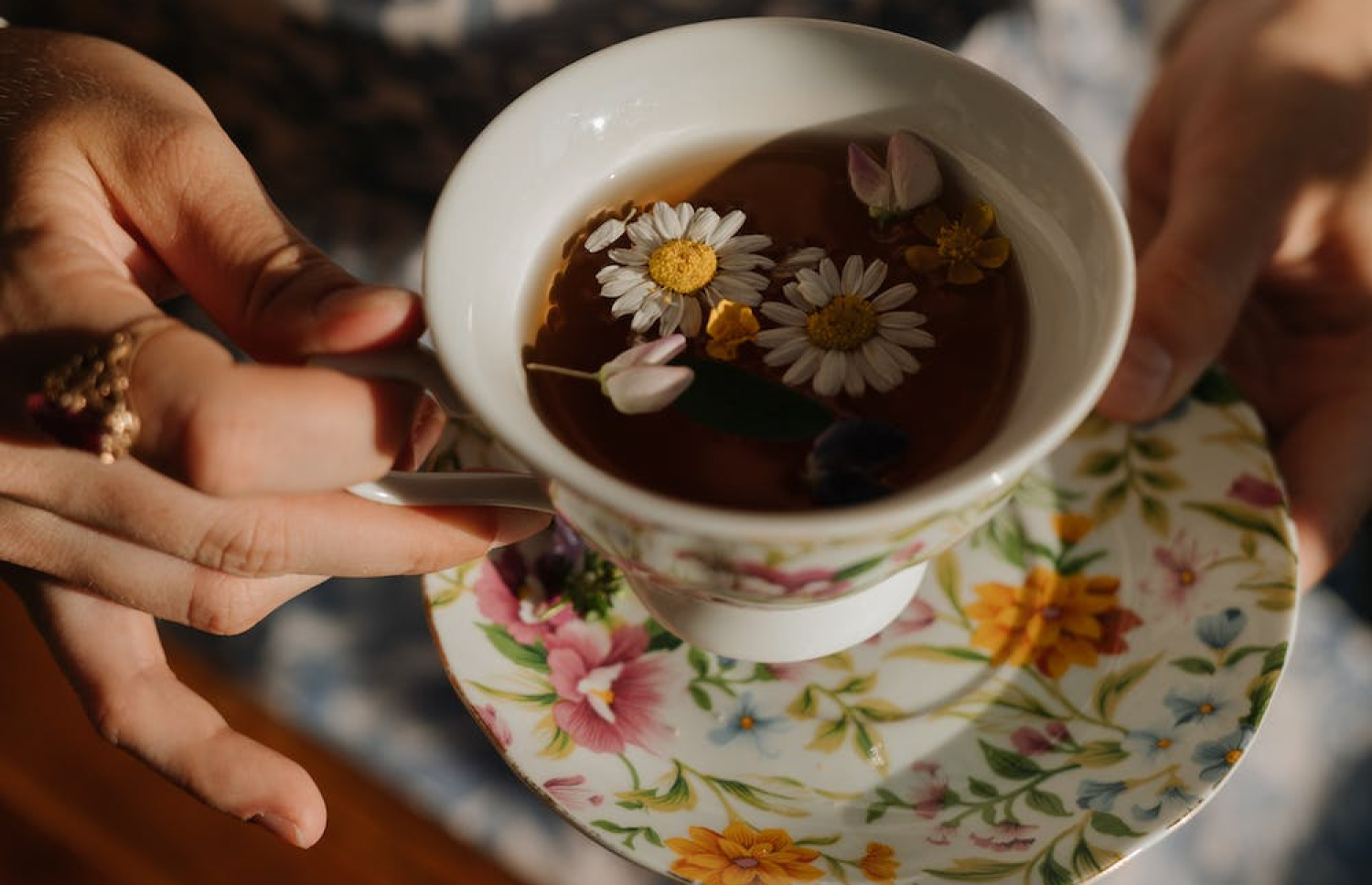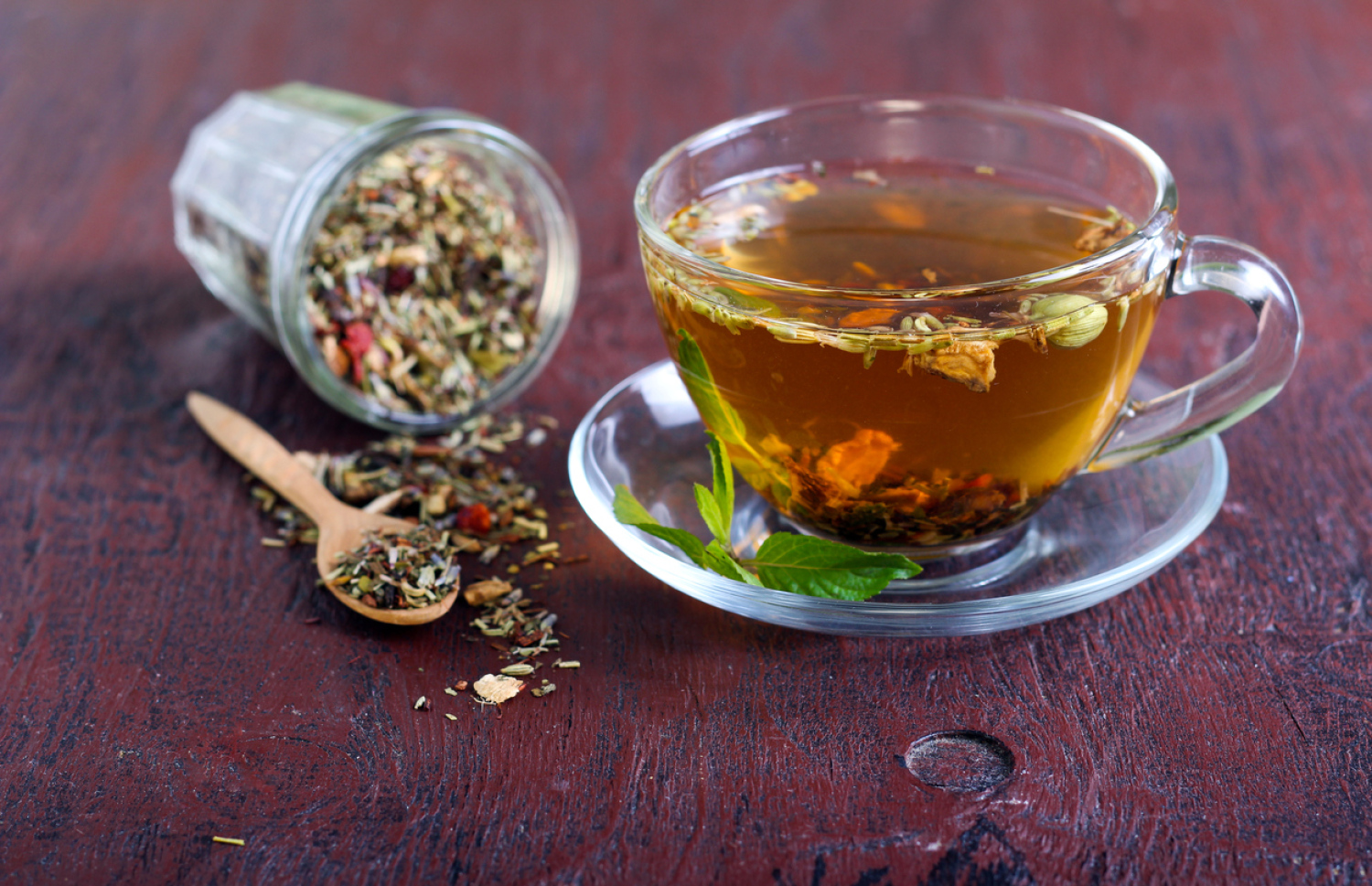Tea time is a beloved concept globally, and in the Maldives, it is particularly special, combining an intricate history with a modern focus on health and wellness. The Maldives may be known as a tropical paradise for its stunning beaches and vibrant coral reefs, but it also boasts a unique tea culture that embodies both the island’s traditions and the growing demand for health-conscious living.
Tea has been a part of daily life since the time of our forefathers. It was once a staple beverage served with every meal and remains an essential part of any ceremony or gathering, formal or informal. Whether at home, in a café, or at a restaurant, tea is always readily available. In Maldivian slang, kalheh (black tea) holds a special place as a regular companion to everyday meals.
Here, tea time isn't simply about waking up and enjoying a warm beverage. The experience involves savoring tea in a relaxed atmosphere where families and friends convene, reflect, and relish both classic and contemporary teas. Oftentimes, tea is associated with complementary local snacks, also known as “hedhika”. These snacks come in both savory and sweet delicacies, perfectly weaving the crunchiness of savory fried snacks like “bajiya and gulha” with brewing hot tea, along with the gooey goodness of puddings and “boakiba”.

The tea culture of the Maldives is heavily influenced by local customs and long-standing ties with international trade and neighboring countries. Maldivian tea tradition embraces tea in various colors, conventionally black, green, or herbal varieties, such as peppermint, hibiscus, and cinnamon, etc. Usually, these teas are taken with sugar, milk, or honey, providing a balance of sweetness and warmth that complements the tropical climate. Black tea, frequently sourced from Sri Lanka, has widespread everyday use, although green and herbal teas have gathered attention for their supposed health benefits.
The authentic black tea is produced from the Camellia sinensis plant. Black tea owes its bold, intense flavor to the fact that its leaves are fully oxidized. It is often sold as part of a blend, with the specific mix greatly influencing its flavor profile. Additionally, the taste of black tea is shaped by the season and region in which the tea plant is grown. Major producers of black tea include China, India, Sri Lanka, and Nepal.
Black tea is a popular home beverage that comes in a range of flavors. Ceylon black tea has a robust taste with rich notes of chocolate and spices. It is the most popular for daily use in the Maldives. Earl Grey is a black tea that has been flavored with bergamot and/or citrus, giving it more depth and flavor. English Breakfast is often full-bodied, therefore, may taste similar to Assam or Ceylon black teas.
Let’s take a closer look at what herbal tea is. Despite the name, herbal tea isn't technically "tea," as it usually doesn’t contain actual tea leaves or tea buds. Instead, herbal teas are made from tisanes—infusions or blends of dried fruits, flowers, spices, or herbs steeped in water.

Herbal teas are known for their potential medicinal benefits, but they should not be used as a substitute for prescribed medication. However, many varieties are praised for their health-promoting properties and have been used as natural remedies for centuries worldwide. Healthcare professionals, especially dietitians, often recommend herbal teas in moderation. This is because certain herbal blends may pose health risks for individuals with pre-existing medical conditions.
Herbal teas such as green tea and peppermint infused tea are rich in antioxidants that help mitigate the effects of oxidative stress and reduce the risk of chronic diseases. Peppermint tea is frequently used in the Maldives for its soothing effects.
Similarly, chamomile tea offers a calming infusion, making it a perfect beverage after dinner. Chamomile includes a number of bioactive phytochemicals, including flavonoids, which serve as antioxidants. It also includes trace levels of minerals and vitamins, including potassium, calcium, carotene, and folate, among other nutrients. Ginger and cinnamon teas are popular locally for their digestive benefits, especially after heavy local meals.
Caffeine-free herbal teas are perfect for staying hydrated in the humid climate. Hibiscus is well-known for its ability to cleanse the skin and encourage radiant, healthy skin. Due to its ability to increase metabolism and promote lipolysis, green tea is also frequently used in weight management practices.

Like any other region of South Asia, the Maldives is a hotspot for tea culture, with a large selection of teas served in cafés, and hotels. Both locals and tourists can indulge a variety of tea experiences, from traditional masala chai to trendy herbal brews. Artisanal teas, such as herbal blends that claims to detoxify and energize, have also become increasingly popular as a result of growing holistic health trend. Many Maldivian resorts also now incorporate tea ceremonies and other wellness activities centered on the soothing ritual of tea consumption.
In the Maldives, tea time is more than just a daily ritual—it embodies warmth, hospitality, and a gentle boost to well-being. Whether it’s antioxidant-rich green tea or calming herbal infusions, each cup offers a moment of tranquility and health. Tea time here serves as a psychological reset, easing stress and anxiety while creating a peaceful, mindful pause in the day. This cherished tradition has gracefully evolved, blending seamlessly with modern lifestyles and holistic practices, making tea both a cultural touchstone and a wellness ritual.